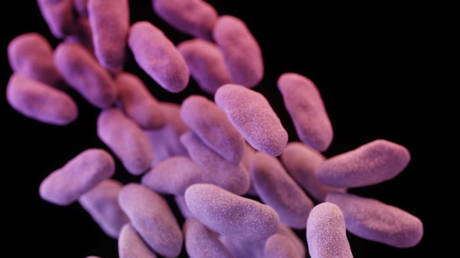
Researchers have discovered a type of gut bacteria that improves the memory and cognitive function of bumblebees, and believe the findings could be applicable to humans too.
The international team – from China, the UK, and Finland – was conducting research into how the gut-brain relationship can enhance memory when the bacterial species Lactobacillus apis caught their eye. They found that bees with a higher amount of this bacteria in their gut performed much better in long-term memory tests.
The scientists let the bees loose in an enclosed environment with 10 different-colored fake flowers, of which half tasted sweet and the other half bitter. After several such exposure sessions, the bees were retained in their hive for three days before being let loose again, and the researchers monitored them to see if they remembered which of the flowers were the sweet ones.
Not only does a naturally occurring higher amount of this bacterial species in a bee’s gut make for a better memory, they discovered, but by adding the same bacteria to their diet, their capacity to remember could be artificially enhanced.
The findings, published in the scientific journal Nature Communications, could be applicable to humans as well, the researchers claim. The results of the study suggest it may be possible to improve our cognitive ability and reduce the factors linked to its decline by manipulating gut microbiota – the trillions of microbes in our bowels.
The scientists also think it likely the bacteria could be increasing its own fitness by promoting the cognitive ability of its host, as bees with better memories could bring more food to their colony and therefore survive longer.
“It’s amazing to find out the specific memory-enhancing bacteria species,” study author Professor Wei Zhao said. “The results further validate our belief that we may improve our cognitive ability via the regulation of gut microbiota.”
If you like this story, share it with a friend!




